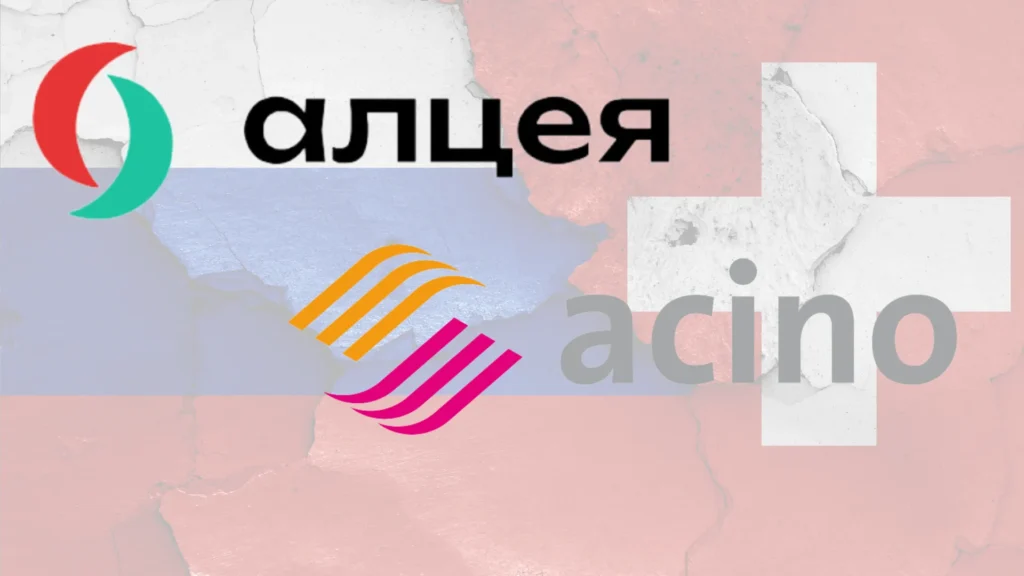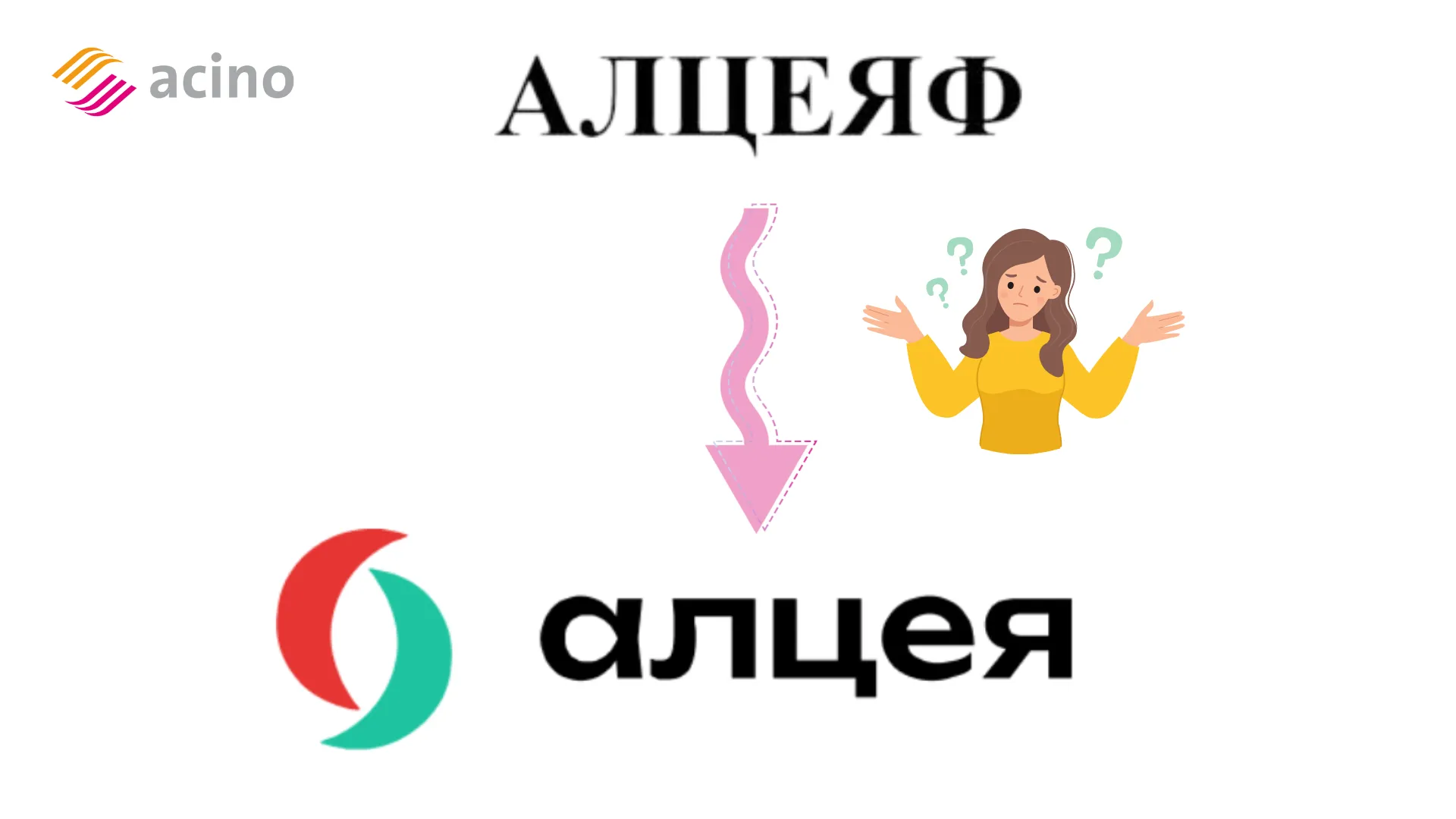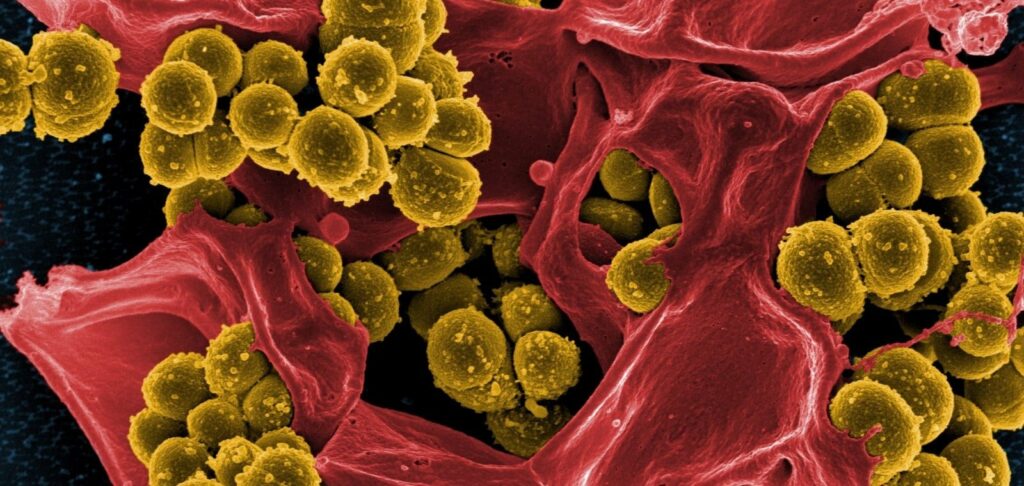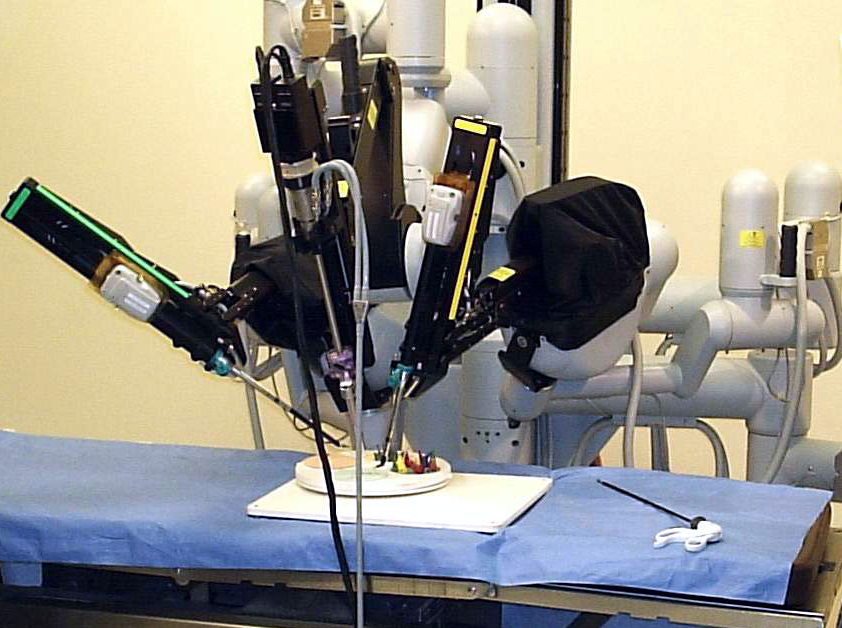

As war rages in Ukraine and tensions between Russia and the West escalate, Swiss pharmaceutical giant Acino International has made the strategic decision to spin-off its Russian division Acino Rus into a separate independent entity called Alcea.
Acino had expanded in Russia since 2015, achieving double-digit growth in recent years largely driven by sales of women’s health products. However, the Ukraine conflict created economic and reputational pressures on these operations.
Industry experts speculate Acino moved to insulate itself from further risks by extracting the Russian unit. While potentially helping Acino limit damage, this divestment comes at a turbulent time for Russian subsidiaries of Western companies.
It is noteworthy that Acino’s Swiss headquarters has remained silent on the matter of the separation. Current information about this spinoff appears to be exclusively disseminated by Alcea. This raises questions: Is Acino deliberately avoiding attention to the specifics of the entity’s spinoff, or is this simply a matter of local Russian corporate rebranding?
Who now owns Alcea?
According to open source Russian registries, Acino International (Swiss) just recently changed the ownership of their local Russian entity Acino Rus. On 19 October 2023, the shares were transferred to 2 entities registered in the UAE.
The shareholders seem to be interconnected UAE companies, as indicated by their similar names.
The legal name of the Russian company remains Acino Rus and has not yet changed to Alcea. This is likely due to the complexities of re-registering names on pharmaceutical licenses and regulatory documents. It’s possible that they may choose not to officially change the name, but rather use the Alcea brand for public activities.
The new owners of ACINO RUS LLC are:
|
Founders |
Share |
Value |
From what date |
|
SALUS RESTRICTED LTD (United Arab Emirates) |
100% |
350 million rubles |
19.10.2023 |
|
SALUS 2 RESTRICTED LTD (United Arab Emirates) |
<0,01% |
10 rub. |
19.10.2023 |
Acino overall is owned by ADQ, a state owned investment company from Abu Dhabi, capital of the United Arab Emirates (UAE). It’s probable that ADQ, based in the UAE, owns the shares of Salus Restricted, and by extension, Acino Rus / Alcea. This suggests that ownership of Acino’s Russian business has remained within the Acino group, simply transitioning between internal corporate divisions.
Alcea Trademark evolution?
The selection of the new name, Alcea, might have been inspired by its association with nature, as Alcea is a type of plant. Further investigation reveals intriguing details.
On April 21, 2023, Acino Rus registered the trademark АЛЦЕЯФ, which closely resembles Alcea. This could indicate that АЛЦЕЯФ (Alceyaf) was their initial choice, suggesting that plans for the name change began at least by April.
No trademark appears to have been registered for Alcea, likely due to its generic nature, although it might be possible to trademark its associated imagery.

Drivers Behind Russia Spin-Off
It appears likely Acino pursued shedding its Russian arm to stem current losses and protect the broader business amid conflict-related sanctions and partner wariness regarding dealings with any Russian entity.
The spin-off hands these problems to Alcea while allowing Acino to save its overall interests across more vital markets for future revenue and growth potential.

Russia represented a major opportunity for Acino which it invested significantly over the past decade to harness. Alcea General Director Denis Glyadyaev asserted: “As an independent company, we will continue to implement the existing growth strategy [in Russia].”
Yet realizing this growth now relies entirely on Alcea navigating an extremely difficult domestic environment.
Alcea: Challenges and Outlook
As the new custodian of Acino’s full former Russian product portfolio and localization infrastructure, Alcea inherits considerable assets.
Alcea must balance production realities and imported input shortages resulting from sanctions. Careful stewardship is crucial to maintain existing distribution scale and quality control amid tense geopolitical circumstances.
Nonetheless, Alcea starts off in a strong women’s health market position built through Acino’s prior strategic investments. “We have the expertise…to strengthen our position as an independent player,” Glyadyaev stated.
If the company succeeds on its localization goals and leverages clinical research relationships, over time, Alcea could potentially emerge even more stronger domestically.
Though the road ahead stays filled with uncertainty.
Conclusion: A Pivotal Moment
The shedding of its Russian subsidiary Acino Rus into spun-off entity Alcea allows Acino to remove a complex strategic problem as well as stem losses from this former growth engine.
Yet it simultaneously leaves investments and past progress in Russian hands as Alcea faces immense volatility while trying to steward wider public health needs.
What Acino has actually done and plans for Russia is a continuing story. Did Acino really “leave” the Russian pharmaceutical market, or just shift their business to a related company?




